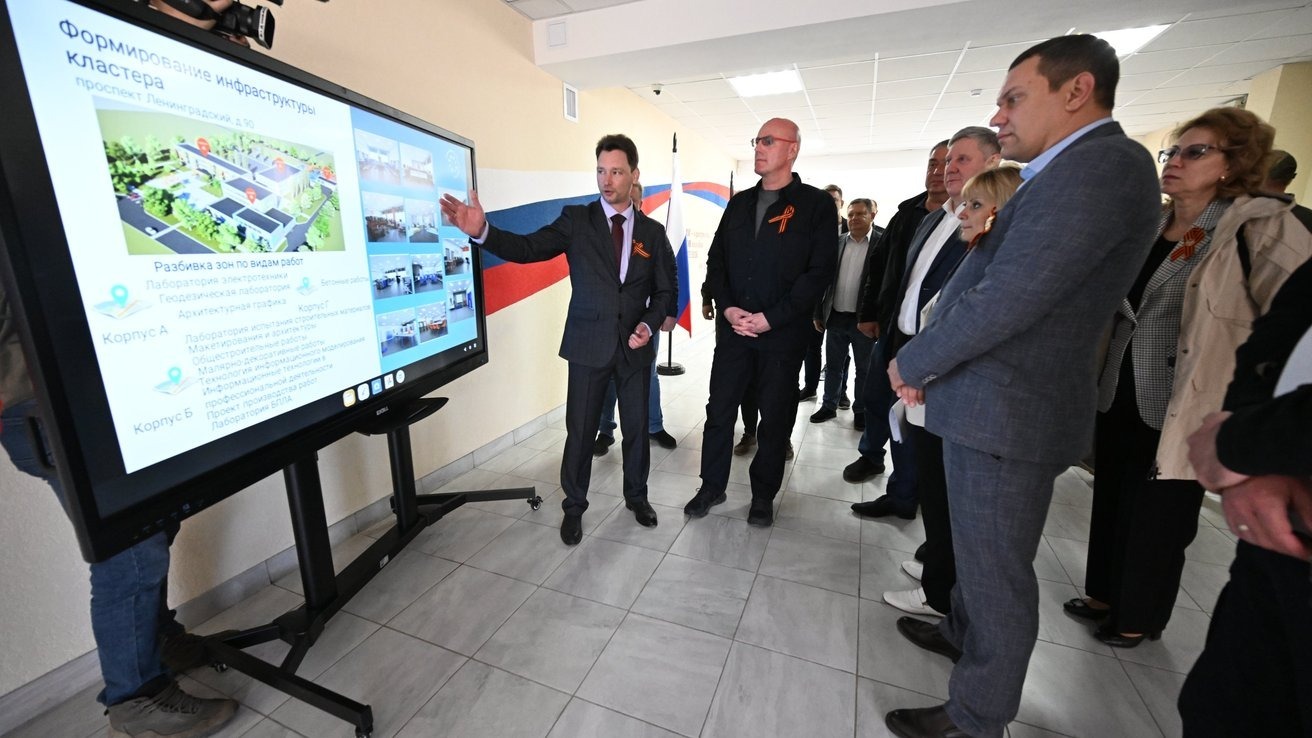POLITICAL CHANGES IN TURKMENISTAN OPEN NEW OPPORTUNITIES FOR AZERBAIJAN
POLITICAL CHANGES IN TURKMENISTAN OPEN NEW OPPORTUNITIES FOR AZERBAIJAN
The sudden and unexpected death of Turkmenistan’s President Saparmurat Niyazov (Turkmenbashi) on December 21, 2006, has opened a window of opportunity for both domestic reforms and changes in Turkmenistan’s relations with its neighbors. Azerbaijan, being one of the closest neighbors, could greatly benefit from this situation. President Ilham Aliyev, speaking to Russian radio station Ekho Moskvy on December 22, declared, “Azerbaijan is ready for cooperation with Turkmenistan, but it is not going to interfere in the domestic affairs of this country.”
Under Niyazov, bilateral relations between these two countries slipped into a type of localized Cold War, despite warm past relations and common Turkic roots. Not only did Turkmenbashi’s unpredictable personality contribute to the worsening of relations, but there were also several key political issues on which the two countries disagreed. Much will depend on the next moves of the new leaders in Ashgabat. In the opinion of Azerbaijani political scientist Zardush Alizadeh, “Even after the death of Turkmenbashi, his system will continue in this country” (Day.Az News, December 23). His colleague Sabit Bagirov, from the Baku-based NGO “FAR Center,” seems to agree: “The heir of Turkmenbashi will continue his policy” (Day.az News, December 22).
Yet, other opinion makers in Azerbaijan hold different views. A December 23 editorial in Zerkalo stated that no matter how much the new political leadership of Turkmenistan pledges to continue the foreign policy course of Turkmenbashi, it is clear that some changes will follow; indeed, they are inevitable. The election platform of presidential front-runner Gurbanguly Berdimukhamedov contains some pledges of reforms in the education and economic sectors.
A more open government on the other side of the Caspian could create great opportunities for improving bilateral relations and developing regional projects. But in order to do so, several key issues need to be tackled.
Foremost is the issue of the legal status of the Caspian Sea. After more than a decade of negotiations, the littoral states of the Caspian Sea have not produced any breakthroughs, and the deadlock remains one of the main obstacles to the development of regional projects. Azerbaijan, Kazakhstan, and Russia have agreed among themselves to divide the Caspian seabed according to the “median line” rule, while still disagreeing on apportioning the surface of the sea. Yet Turkmenistan and Iran have blocked all resolutions on the division of the sea by the median line and have lobbied for common usage of the sea.
The arrival of new personalities in power in Turkmenistan should be taken as an opportunity to revive the deadlocked talks on the Caspian Sea, and Baku should try to convince the new Turkmen leadership to side with Russia, Azerbaijan, and Kazakhstan. If that happens, Iran will become a minority of one, and it will become much easier to nudge Tehran toward a compromise, given Iran’s current dependence on other Caspian states for support against a possible military attack by the United States.
The resolution of the Caspian Sea’s legal status will, in turn, help to resolve the issue of the Kyapaz oil field, which both countries claim. In 1997 the Azerbaijani government even proposed the joint development of the field, yet Niyazov’s hostile attitude toward Heydar Aliyev, then president of Azerbaijan, effectively ruined that scenario.
Improved relations between Turkmenistan and Azerbaijan could provide a much-needed boost to the TransCaspian oil pipeline. First proposed in the mid-1990s, this project was one of the main elements of the East-West energy corridor plan by the U.S. administration and EU member states to diversify the regional pipeline network, increase the supply of the Turkmen gas in Western markets, and reduce the dependence of Turkmenistan and Azerbaijan on Russia for pipelines. Yet, disagreements between the political leadership of Turkmenistan and Azerbaijan also blocked these plans.
With the EU’s misgivings about the reliability of Russia’s Gazprom energy giant and the growing interest of European consumers in diversifying their energy supplies, the TransCaspian gas pipeline could be revived and turned into a serious regional integration plan. But this issue will require considerable lobbying not only from the U.S. side, but also from EU politicians, as both Gazprom and the Iranian government will fight as hard against it as they did against the Baku-Tbilisi-Ceyhan oil pipeline in mid-1990s. While it will create some new tensions in Baku’s relations with Tehran and Moscow, the pipeline could be worth the price of competition.
Normalization of bilateral relations between Turkmenistan and Azerbaijan could also open opportunities for joint patrol of the Caspian Sea’s waters, as part of the fight against terrorism, drug smuggling, human trafficking and other transnational crimes that have emerged in recent years. Both countries need to speed up the process of reopening their embassies and fostering diplomatic ties.
Up until now, President Ilham Aliyev seemed less than eager to engage in a serious dialogue with Niyazov, considering the latter’s cold attitude toward his father. Yet, the election of a younger person into the presidency in Turkmenistan could raise the opportunities for these two young leaders to find a common language. By sending Prime Minister Artur Rasizadeh to Niyazov’s funeral, President Aliyev showed his intentions to restore the cooperation between the two countries. The time is ripe and Azerbaijan’s government should not waste this opportunity.


